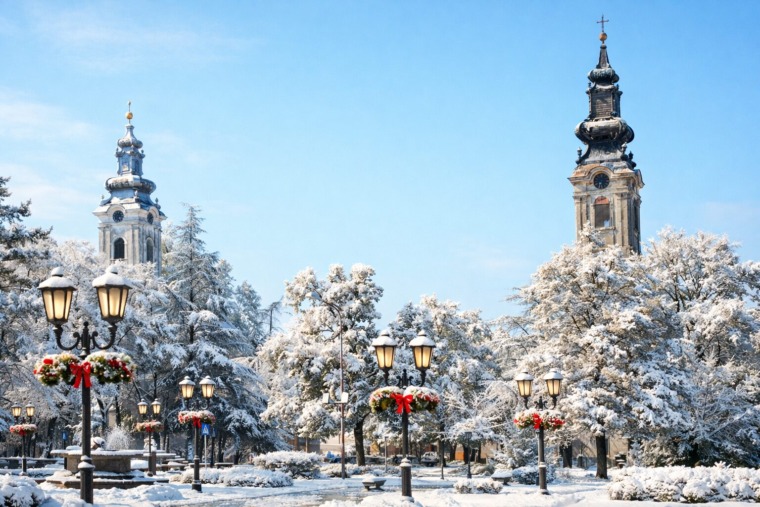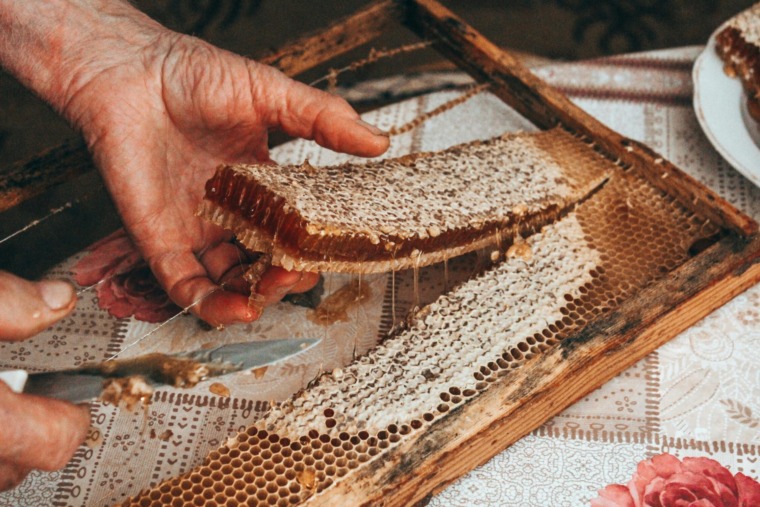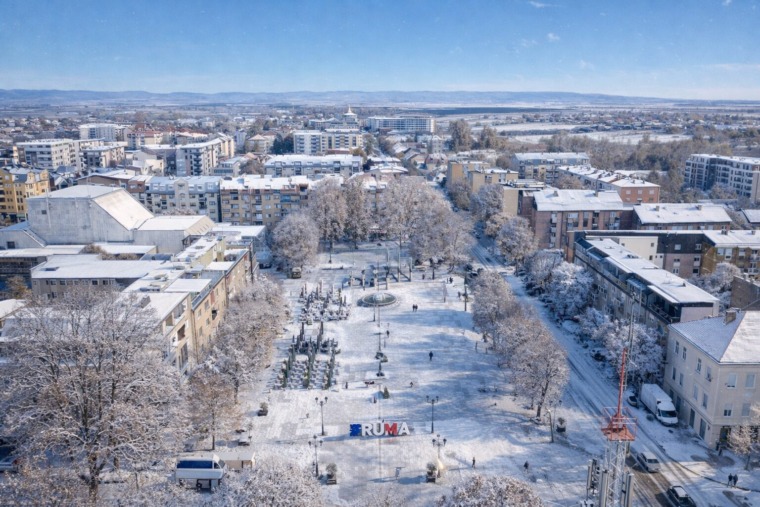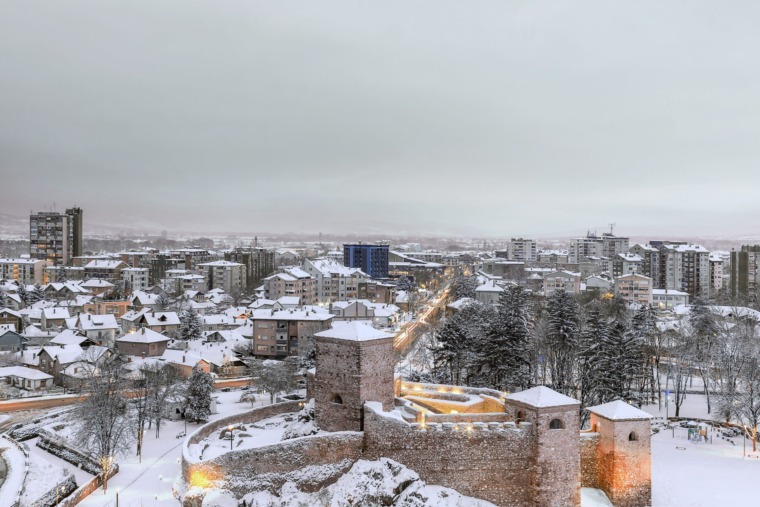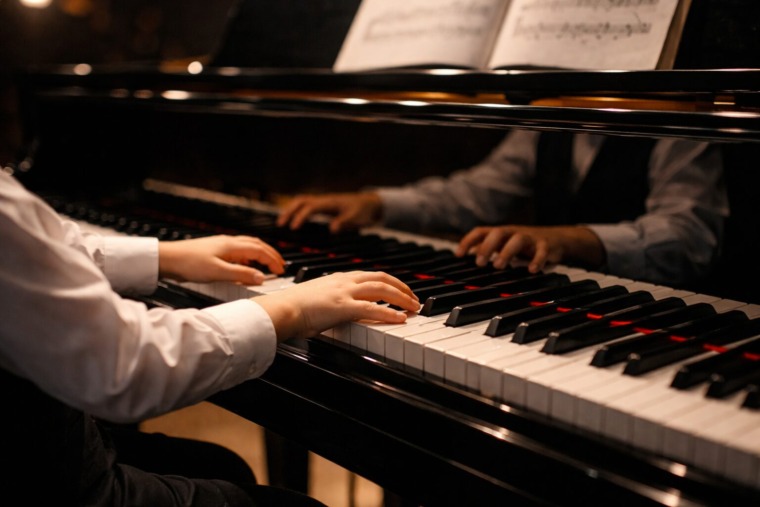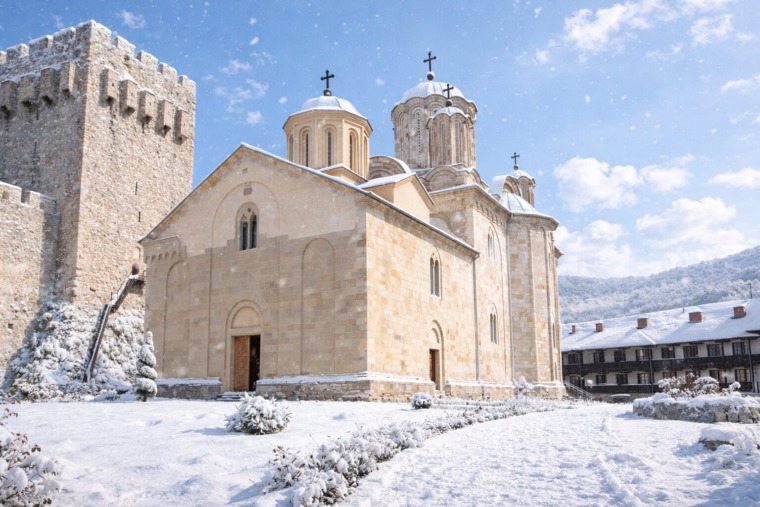
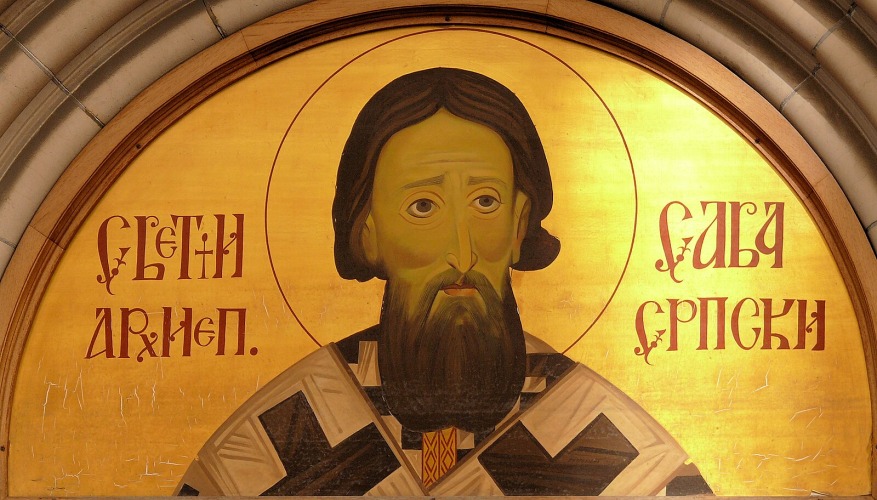
On January 27th, Serbia celebrates one of its most beloved and culturally significant holidays—Saint Sava Day (Dan Svetog Save). While the day is primarily a religious holiday, honoring the life and legacy of Saint Sava (1175-1236), it holds special significance as School Slava in Serbia. This means that for schools across the nation, Saint Sava Day is not only a time of religious devotion but also a celebration of education, youth, and the enduring legacy of Saint Sava as the patron saint of schools and learning.
Who Was Saint Sava?
Saint Sava, born Rastko Nemanjić, was the youngest son of Stefan Nemanja, the founder of the Nemanjić dynasty. He left his noble life behind to embrace monasticism, traveling to Mount Athos in Greece, where he became a monk and adopted the name Sava. His significant achievements were many: he established the Serbian Orthodox Church, promoted education and scholarship, and worked tirelessly to spread Christianity across the Balkans.

However, perhaps his greatest contribution was his founding of the first Serbian schools, laying the groundwork for the education system in the country. As a result, he is not only celebrated as a saint but also as a patron of education, making Saint Sava Day especially meaningful in the context of schools across Serbia.
Saint Sava as a School Slava
In Serbian tradition, a Slava is a family’s patron saint day—a deeply spiritual observance that celebrates a family’s connection to a particular saint, with rituals, prayers, and festivities. Saint Sava Day is a unique School Slava, where schools and educational institutions celebrate their connection to Saint Sava as a symbol of knowledge, enlightenment, and the enduring importance of education. This celebration is rooted in the idea that Saint Sava is not only the religious figure who shaped Serbian Christianity but also the spiritual guide who gave birth to a distinct Serbian educational system.
For schools, Saint Sava Day is a festive occasion, with teachers and students coming together to honor the saint’s legacy and values. The day is filled with ceremonial services, cultural performances, and reflections on Saint Sava’s contributions to both Serbian religious life and national identity.
How Saint Sava Day is Celebrated in Schools
Saint Sava Day is marked by a series of festivities in schools, making it one of the most anticipated and joyous events in the Serbian educational calendar. The celebration often includes:
- Church Services and Blessings: Schools across Serbia begin the day with a liturgical service in honor of Saint Sava, often held at a local church. The day starts with a blessing of the school, where students and teachers receive prayers for success, wisdom, and unity. In many schools, a priest may come to bless the classrooms or the school building itself.
- Student Performances: A central feature of Saint Sava Day in schools is the performance by students, who recite poetry, sing songs, and sometimes even perform short plays that tell the story of Saint Sava’s life and achievements. These performances are a way of passing down knowledge about the saint’s legacy to the younger generation.
- The Sava Cake: One of the most cherished traditions is the preparation of the Sava Cake, a special cake made to honor the saint. The cake is usually blessed by a priest, and then shared among the students, teachers, and staff, symbolizing the sharing of knowledge and unity within the school community.
- Symbolic Rituals: In many schools, students light candles in front of an icon of Saint Sava, sing hymns in his honor, and reflect on his role in shaping the Serbian identity. The lighting of candles is a symbolic gesture of spiritual illumination, emphasizing the importance of knowledge and moral guidance.
- Educational Events and Awards: Saint Sava Day is often an occasion for awards and recognitions. Outstanding students may be honored for their academic achievements, reflecting the saint’s belief in the power of education to shape individuals and society.
The Spiritual and Cultural Meaning of Saint Sava Day
While Saint Sava Day is a celebration of education, it also carries deep spiritual significance. For many Serbs, Saint Sava is seen not only as the patron saint of education but also as a spiritual protector who played a foundational role in the country’s Christian faith. His contributions to establishing the Serbian Orthodox Church and strengthening national unity are recognized and celebrated on this day.
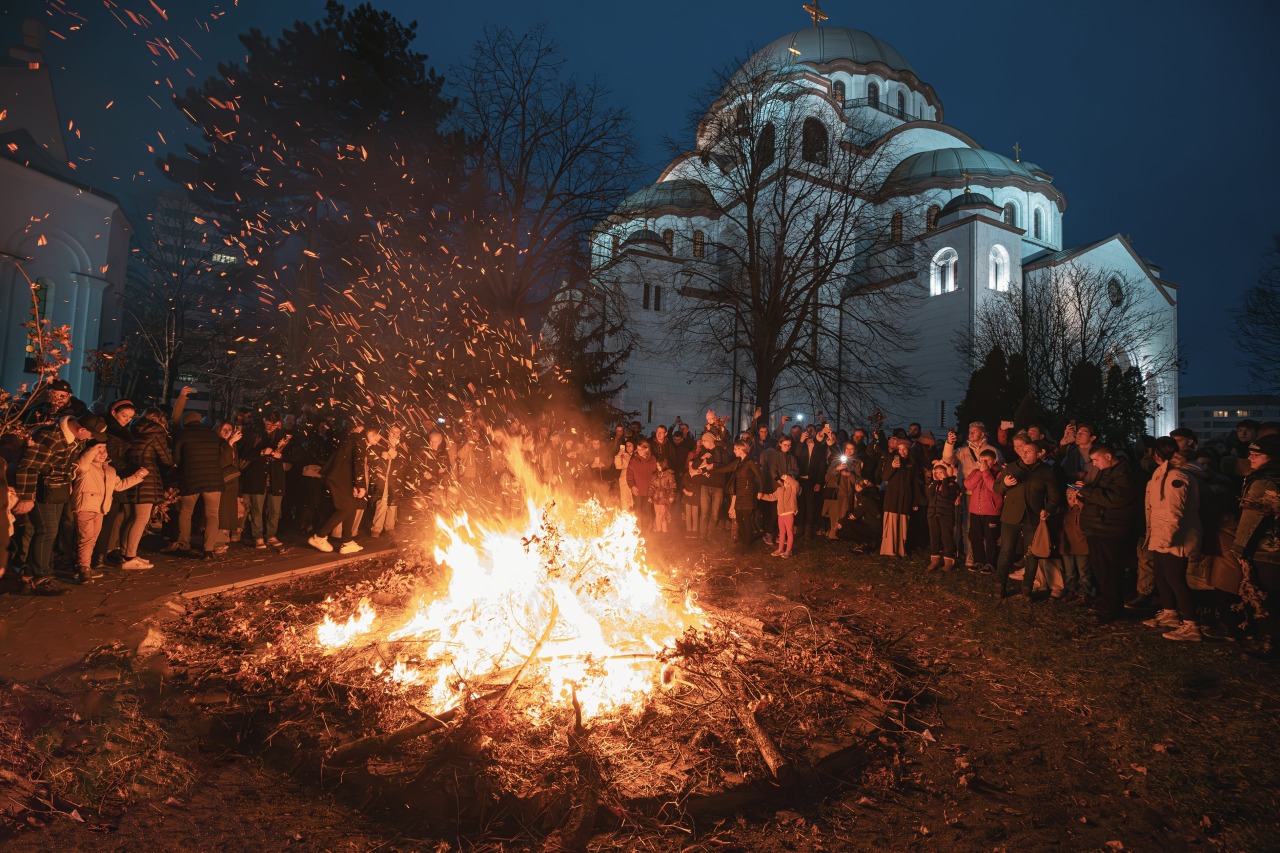
Through this dual focus on education and spirituality, Saint Sava Day unites both the mind and the spirit. It is a reminder of the balance between intellectual growth and spiritual development, and how both are essential to building a healthy and prosperous society.
The Importance of Saint Sava Day for Serbian Identity
Saint Sava Day also plays a crucial role in reinforcing Serbian cultural identity. The holiday is not just a religious occasion but also a celebration of Serbian heritage. Saint Sava, as a cultural and national symbol, represents a unifying force that transcends the boundaries of religion. His emphasis on education, unity, and nationhood has made him an enduring symbol of what it means to be Serbian.
For schools, this holiday is an opportunity to reflect on the role that education plays in preserving the nation’s cultural and spiritual values. As students participate in performances, recite poetry, and engage in discussions about Saint Sava, they are reminded of the legacy of intellectual curiosity and national pride that the saint instilled in the Serbian people.
A Day for Renewal and Reflection
Saint Sava Day is a time for reflection on the ideals that Saint Sava embodied—knowledge, unity, and spirituality. It serves as an annual reminder of the importance of education as the key to personal and national development. As Serbian children learn about Saint Sava’s life and teachings, they are inspired to uphold the values of integrity, learning, and compassion.
Conclusion: A Celebration of Education and Faith
For Serbia, Saint Sava Day is far more than just a religious holiday; it is a celebration of education, youth, and national identity. As a School Slava, it connects every Serbian child and educator to the broader cultural and spiritual legacy of Saint Sava, a man whose vision for a united, educated, and spiritually grounded society continues to shape the future of Serbia.
January 27th is not just a day for honoring the past—it is a day for renewing the commitment to knowledge, community, and faith. Through this celebration, Saint Sava’s legacy lives on, inspiring future generations to follow in his footsteps and carry the torch of Serbian culture, education, and spirituality forward.



